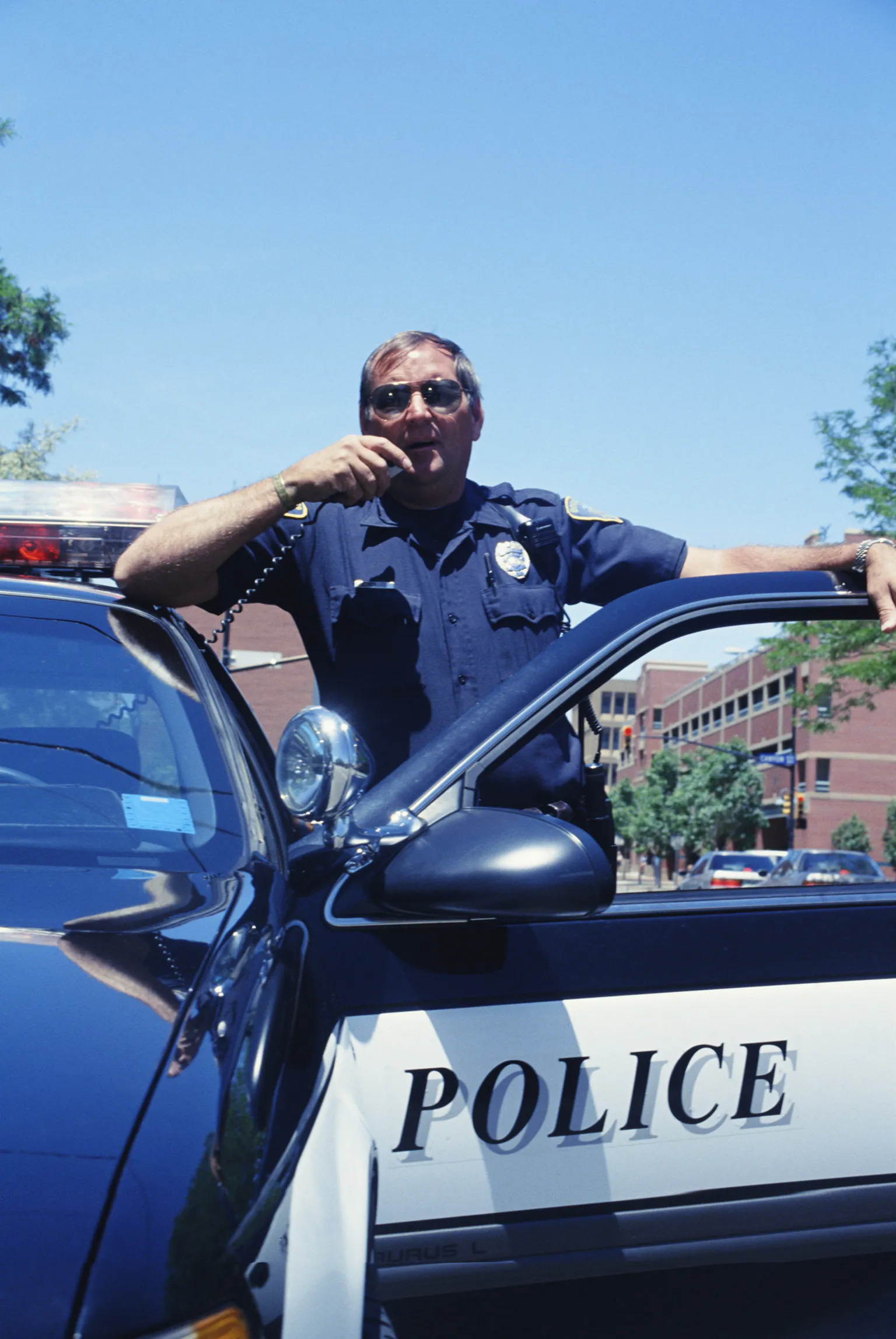If you are ever pulled over for a traffic stop, and the officer suspects that you are driving under the influence (DUI), you will probably be asked to perform what are collectively referred to as the “Standardized Field Sobriety Tests.”
They are “standardized” because the National Highway Traffic Safety Administration (NHTSA) has approved the three tests. Your performance on the FSTs could determine whether or not you are arrested and charged with DUI.
So does anyone ever pass the Field Sobriety Tests? An Omaha DUI attorney offers some insight into that question.
What Are the Standardized Field Sobriety Tests?
Although a law enforcement officer can use additional “tests” in an attempt to determine if you are sober, most agencies encourage, if not require, officers to use the following standardized field sobriety tests:
Horizontal Gaze Nystagmus Test
According to the NHTSA:
“Horizontal Gaze Nystagmus is an involuntary jerking of the eye that occurs naturally as the eyes gaze to the side. Under normal circumstances, nystagmus occurs when the eyes are rotated at high peripheral angles. However, when a person is impaired by alcohol, nystagmus is exaggerated and may occur at lesser angles. An alcohol-impaired person will also often have difficulty smoothly tracking a moving object.”
The HGN test involves the officer using a penlight or similar instrument and asking the subject to track it as it is moved from the center of the subject’s field of vision over to one side and back. When administered properly, and graded objectively, the HGN test can be relatively accurate at detecting impairment.
The examiner looks for three indicators of impairment in each eye:
- if the eye cannot follow a moving object smoothly,
- if jerking is distinct and sustained nystagmus when the eye is at maximum deviation, or
- if the angle of onset of jerking is before 45 degrees of center.
Walk and Turn
a subject is required to take nine steps, heel-to-toe, along a straight line. After taking the steps, the suspect must turn on one foot and return in the same manner in the opposite direction. The examiner looks for eight indicators of impairment:
- If the suspect cannot keep balance while listening to the instructions,
- begins before the instructions are finished,
- stops while walking to regain balance,
- does not touch heel-to-toe,
- uses arms to balance,
- steps off the line,
- takes an incorrect number of steps, or
- makes an improper turn.
One Leg Stand
a subject must stand with one foot approximately six inches off the ground and count aloud by thousands until told to put the foot down. The officer times the subject for 30 seconds. The officer looks for four indicators of impairment including:
- swaying while balancing,
- using arms to balance,
- hopping to maintain balance, or
- putting the foot down.
Could You Pass the FSTs Sober?
Most criminal defense attorneys will tell you to politely refuse the request to perform FSTs – and there is a good reason for that. Your odds of “passing” all three of the standardized FSTs are relatively low for several reasons, including:
- The tests are completely subjective. The same officer who suspects that you are under the influence gets to decide if you passed the test that is supposed to indicate intoxication. He/she has a heck of an incentive to declare that you failed.
- Asking the officer to repeat the instructions is considered an “indicator” of intoxication. Even if you are sober, you might just be nervous enough not to remember the somewhat complicated instructions the first time around.
- Nystagmus occurs naturally in people for at least 40 different reasons other than intoxication.
- All sorts of medical conditions can cause the same “clues” the FSTs are designed to look for – balance problems, memory problems, not walking straight.
Along with the fact that you are probably not going to pass the Field Sobriety Tests is the fact that the results are not even admissible in court to prove your guilt. Failing the FSTs can only be used to establish the probable cause necessary to arrest you.
So if you ever find yourself along the side of the roadway contemplating a request to get out of the vehicle and perform Field Sobriety Tests, your best bet is to politely say no and let the officer do whatever he or she is going to do.
The reality is that the officer likely decided to arrest you long before asking you to perform the FSTs anyway.
Contact an Omaha DUI Attorney at Petersen Law Office
If you have been arrested for driving under the influence (DUI) in the State of Nebraska, it is always in your best interest to consult directly with a DUI defense attorney about the specific facts and circumstances of your case.
Contact the Nebraska DUI lawyers at Petersen Law Office to discuss your case with an experienced DUI defense lawyer.



